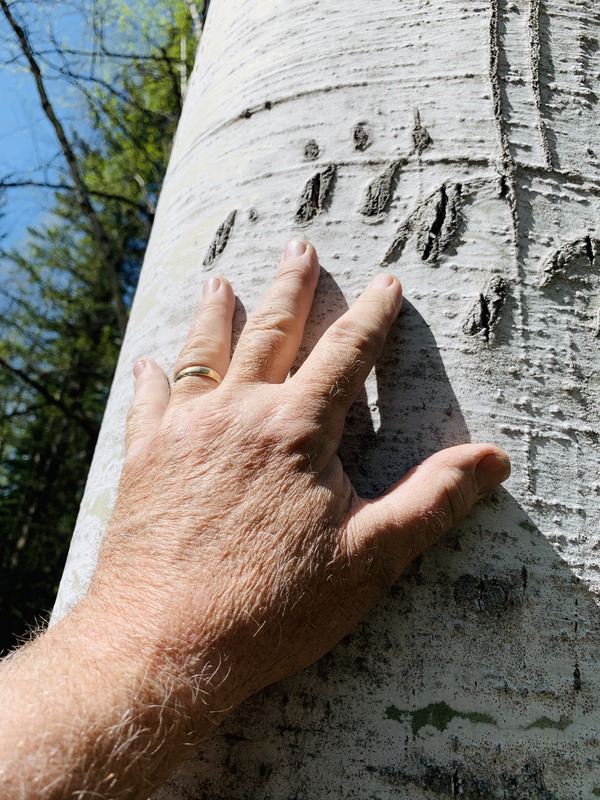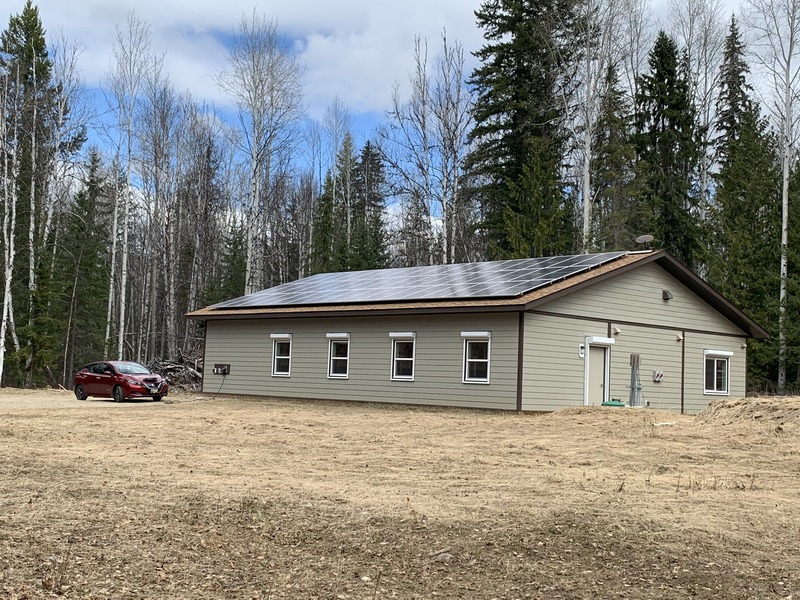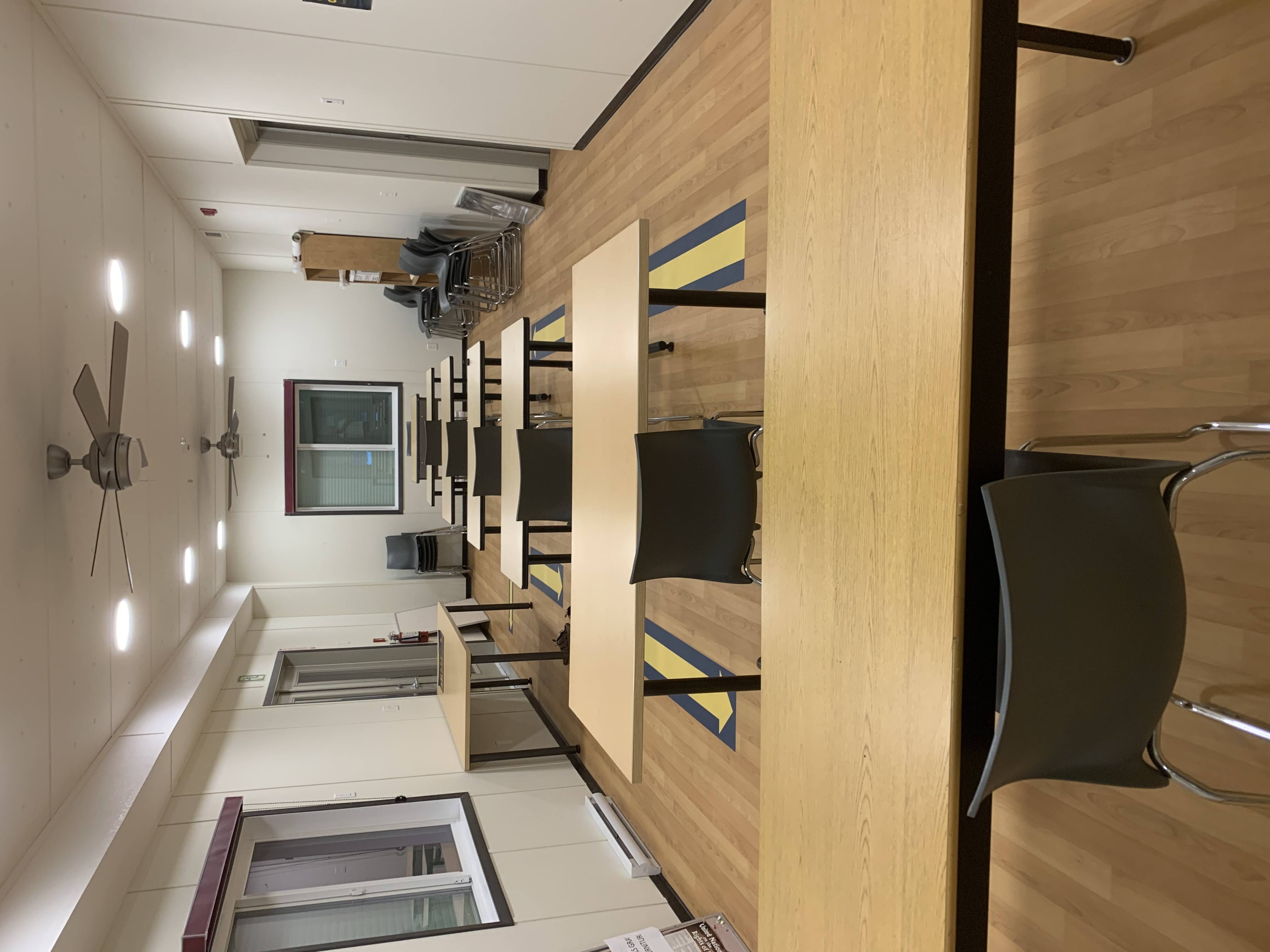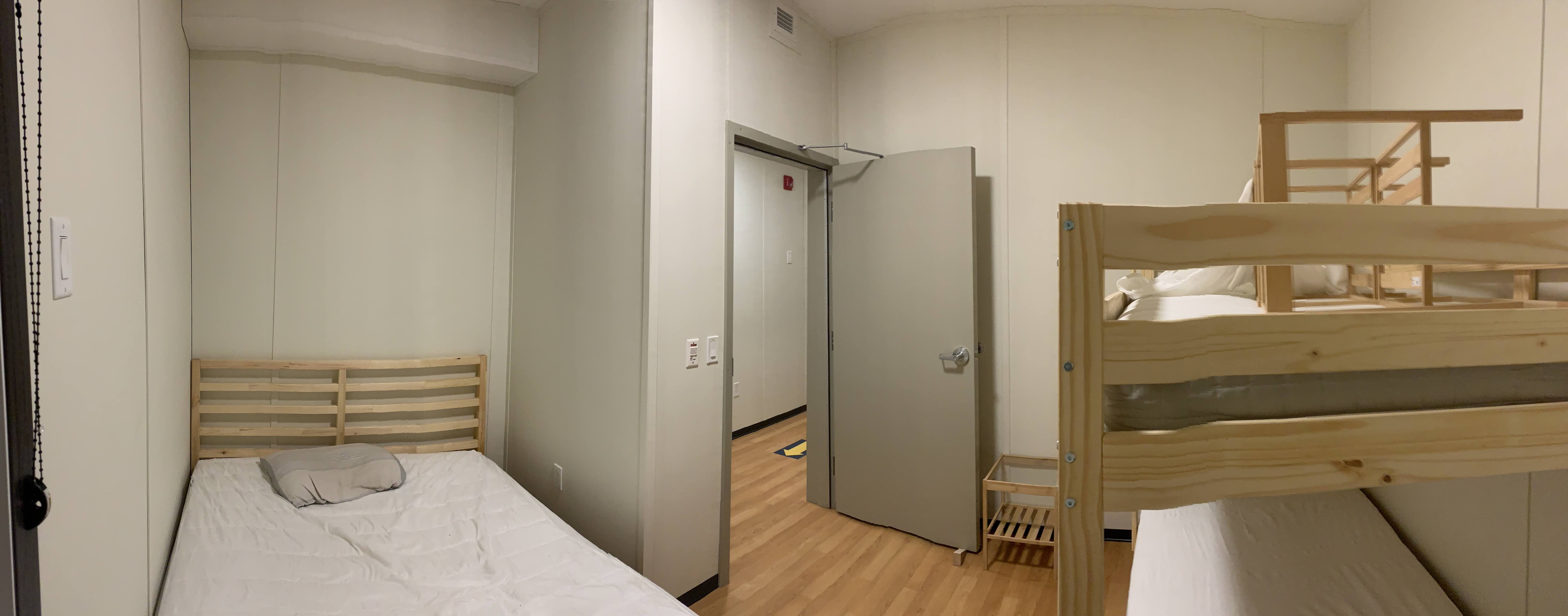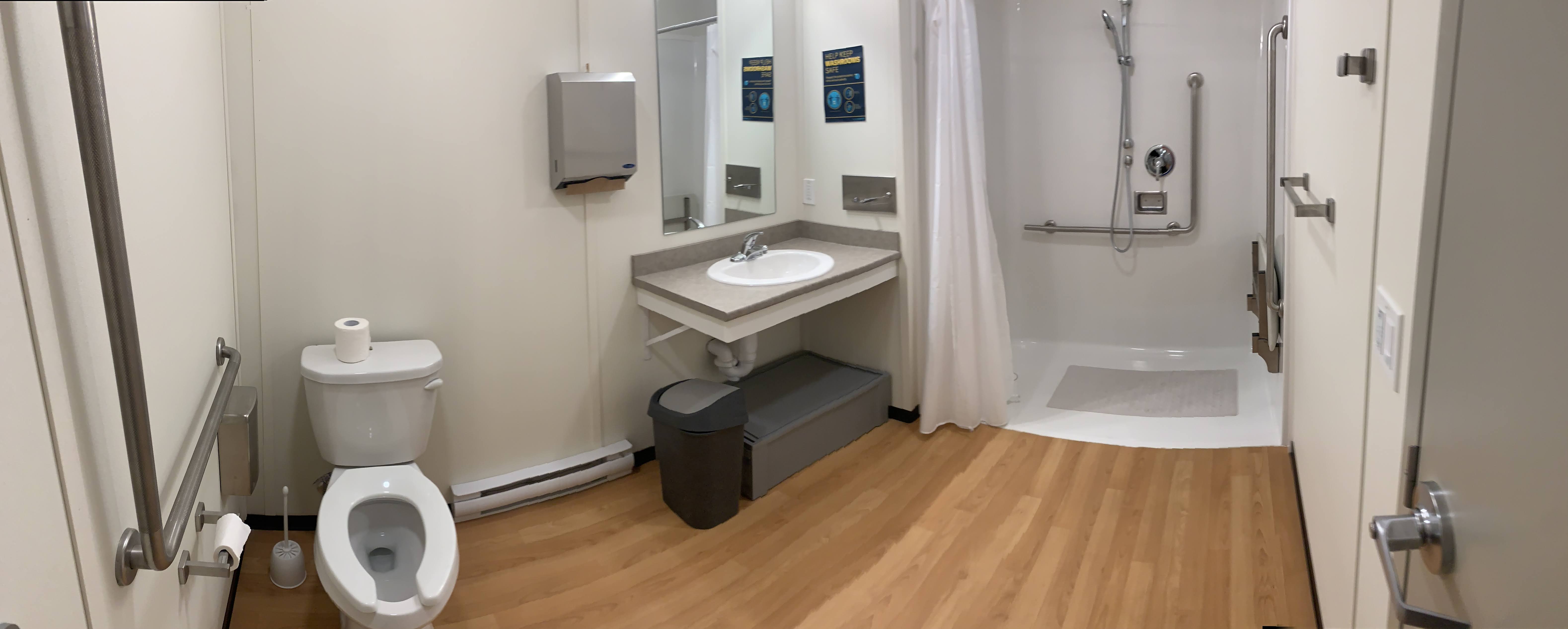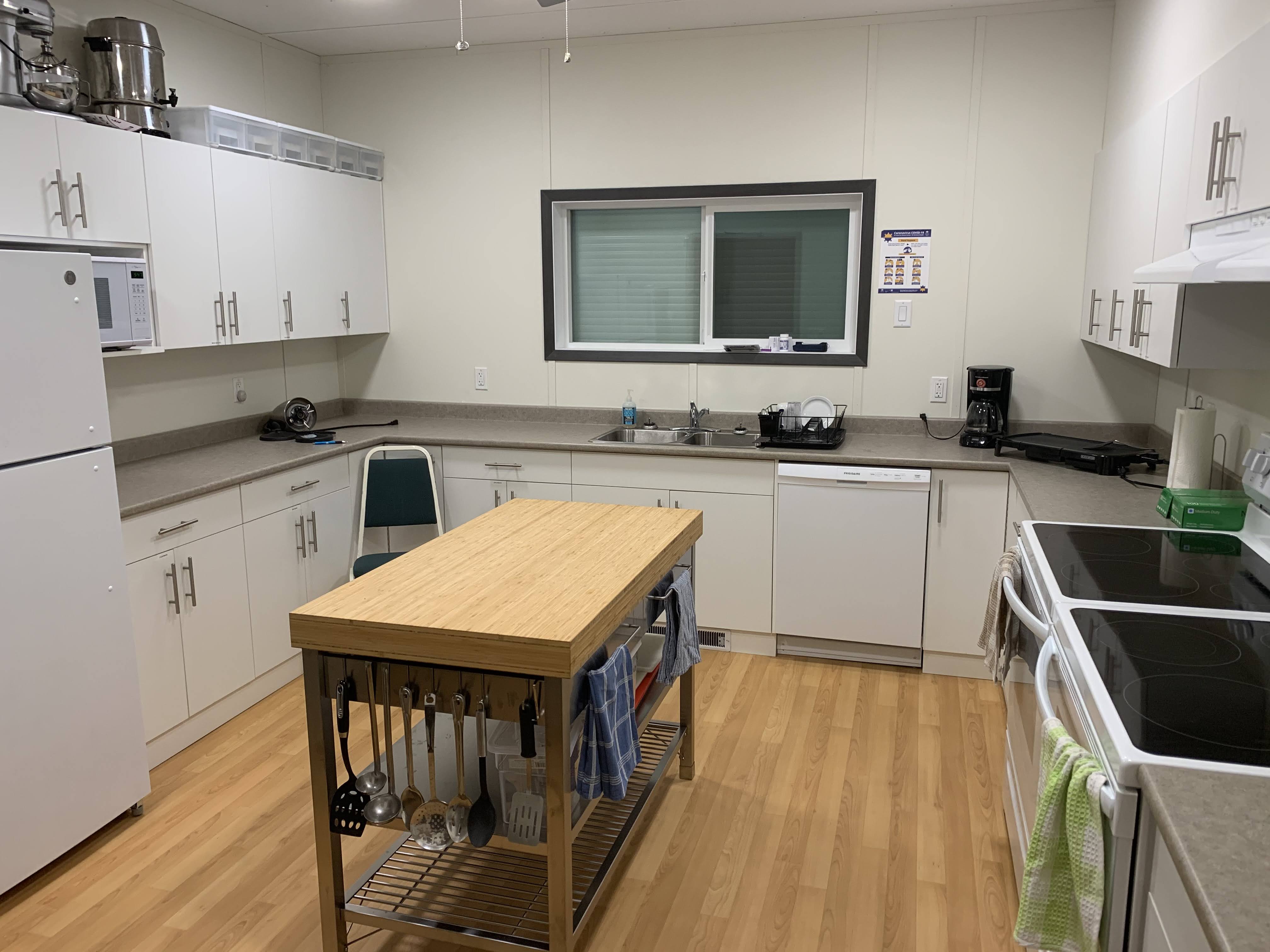Land Based Education Immersion Retreat
Land Based | Indigenous Languages | Local Knowledge | Hand on Experiences | Oral Knowledge | Interactive | Relationality
The next retreat is scheduled for June 16-19, 2025.
Register here
The "Learning from the Land" retreat aims to provide an immersive experience for faculty and staff members of TRU. This retreat will deepen their understanding of land-based learning, Indigenous languages, local knowledge, and cultural practices, while fostering respect, responsibility, reciprocity, and relationality. Participants will gain insights into the benefits of land-based learning and its role in advancing reconciliation.
Learning Objectives
By the end of the retreat, participants will be able to:
- Understand the principles of land-based learning and its significance in Indigenous education, aligned with Indigenous pedagogy.
- Appreciate the importance of Indigenous languages, songs, and oral traditions as integral to Indigenous pedagogy.
- Engage in traditional practices and cultural activities that embody Indigenous pedagogical principles.
- Apply inclusive and ecological teaching practices in their educational roles, in accordance with Indigenous pedagogy.
- Develop a personal connection to the land and nature, a fundamental aspect of Indigenous pedagogy.
- Reflect on their experiences and personal growth throughout the retreat, incorporating Indigenous pedagogical reflection practices.
- Understand the Indigenous Ways of Knowing meeting Indigenous Learning Outcomes
KEY CONCEPTS OF LEARNING FROM THE LAND
Relationality
Tákem nsnekw’nukw’a7 – All of my relations are a value of Indigenous worldviews; this term honors the relationship of all things being related to one another. It honors the relationship between the people, land, animals, earth, air, water, and the Creator. This relationship is viewed as being connected to all things animate and inanimate, phenomenon, and natural phenomenon.
Reciprocity
The protocols of Indigenous peoples were based on the reciprocal relationship to the land and all pertaining thereto. Tobacco offerings to the land, resources or knowledge acquired are symbolic to Indigenous peoples as they begin, and or sustain relationships. If you take something from the earth [rock, plant, feather, etc.] leave tobacco as an offering. It’s a token of respect, and an exchange. Ask permission first and pray for abundance and protection for that element.
Experiential Learning (Observational)
The first principle of Indigenous learning is a preference for experiential knowledge. Indigenous pedagogy values a person’s ability to learn independently by observing, listening, and participating with a minimum of intervention or instruction.
Indigenous Knowledge
Indigenous Knowledge is the knowledge that people in each community has developed over time and continues to develop. It is based on experience, often tested over centuries, and is adapted to local culture and environment. It is dynamic and changing (UNESCO/MOST, 2002, p. 12-13).
Feasts
Feasts are an important part of community ceremonies. They bring people together. Following protocols and instructions are important. It is a shared and collective responsibility for everyone to assist in food preparation and clean up.
What to expect
- This event will be highly interactive and ask participants to take time to reflect and consider their own relationship with the land.
- This workshop will take place outdoors in a forested environment. There will be natural obstacles, trees, bugs, and wildlife and much of the learning will happen outdoors, on the land.
- Accommodations will be shared at the Wells Gray Education and Research Station and registrants will be expected to be present for the entire workshop (4 days, 3 nights) in order to learn and develop as a group.
- Along with toiletries (bug spray, sunscreen), clothes suitable for indoor and outdoor learning in June, and other necessities, participants will be asked to bring their own bedding.
- We encourage car-sharing as a form of sustainable transportation, more details will be available as the date gets closer.
- Food preparation activities will be shared; dietary considerations and accommodations will be requested from participants in advance.
- Planning meetings and other get togethers will be held leading up to the event.
FAQ
Can I come for one or two nights instead of all three?
We respectfully ask that only participants who can commit to all four days/ three nights register for this workshop. This will provide the opportunity for opening/ closing ceremonies and deep reflection.
Will transportation be provided?
We will be meeting with registrants before the retreat to arrange shared transportation.
How much will this cost?
The registration fee is $300.
Will there be mosquitos/ blackflies?
Probably. We recommend bringing bug spray and long-sleeved clothing.
